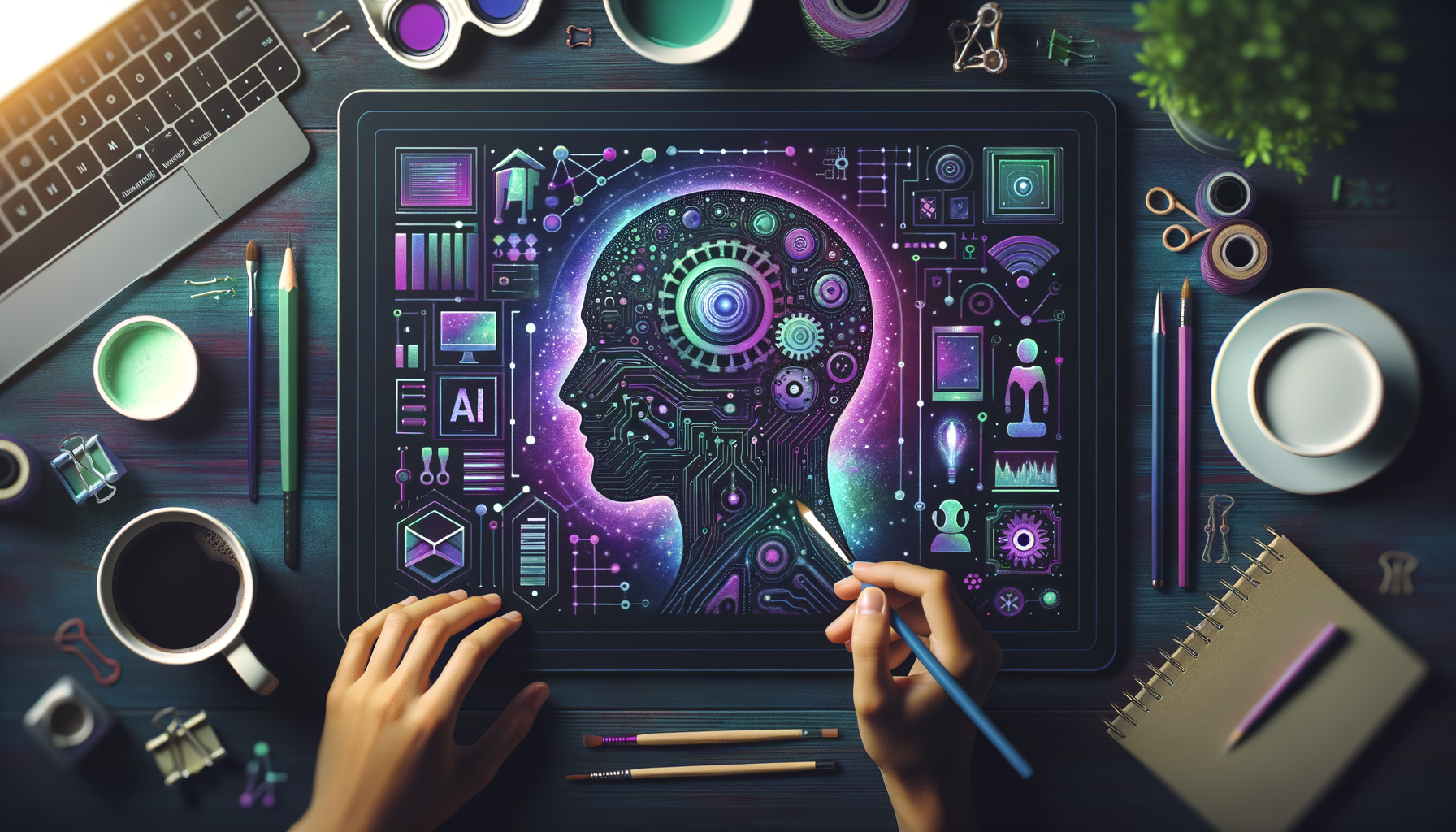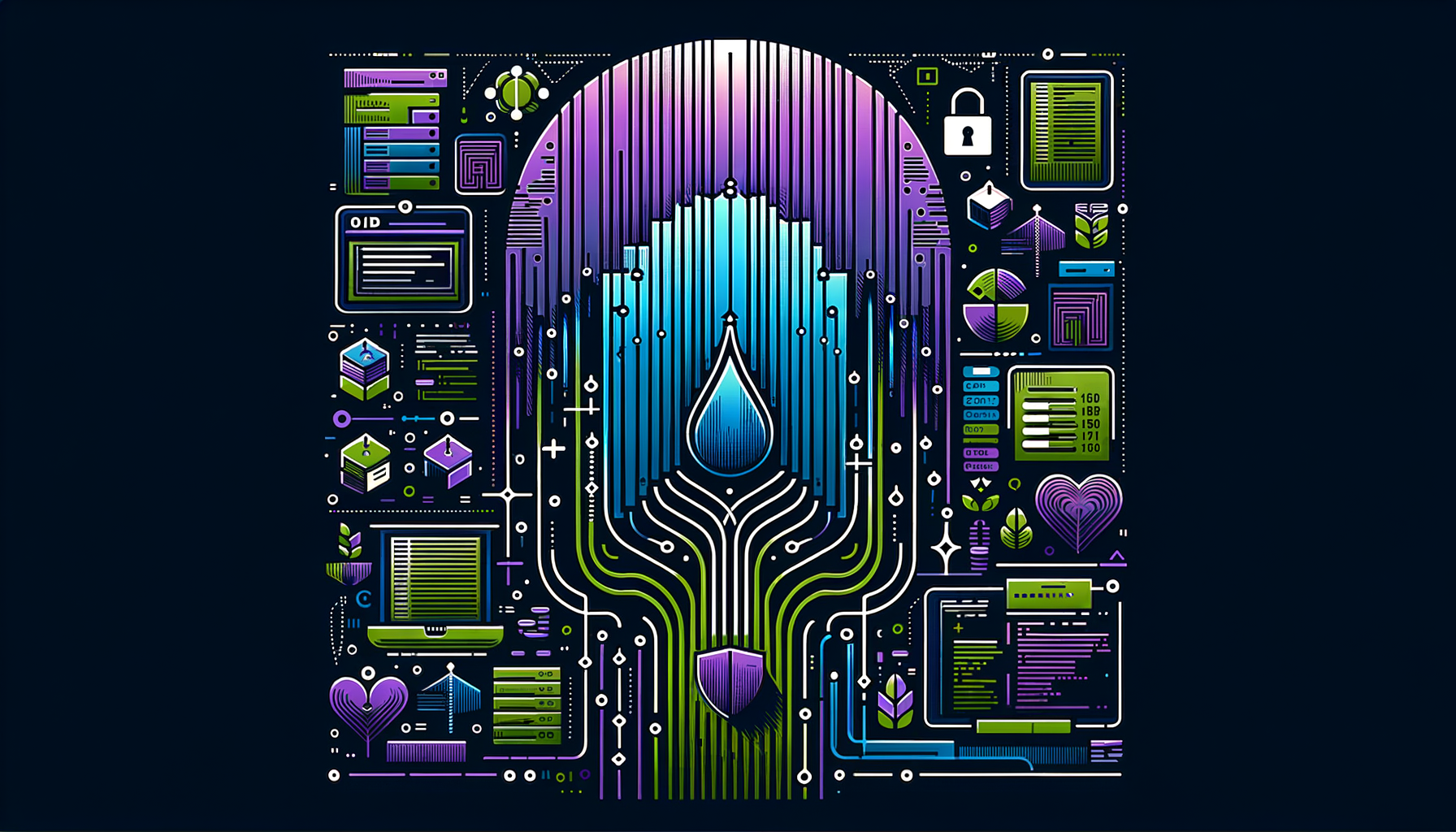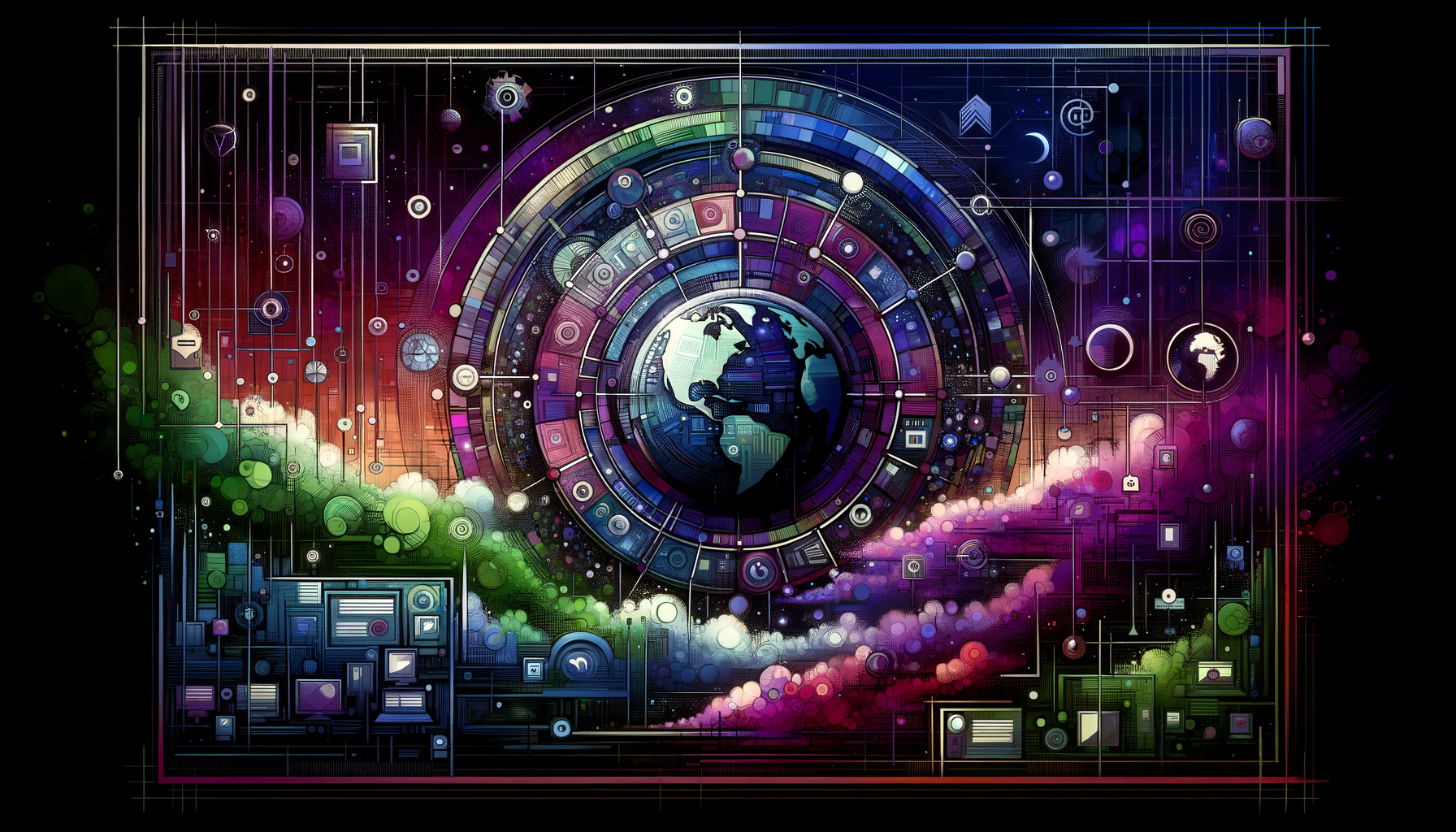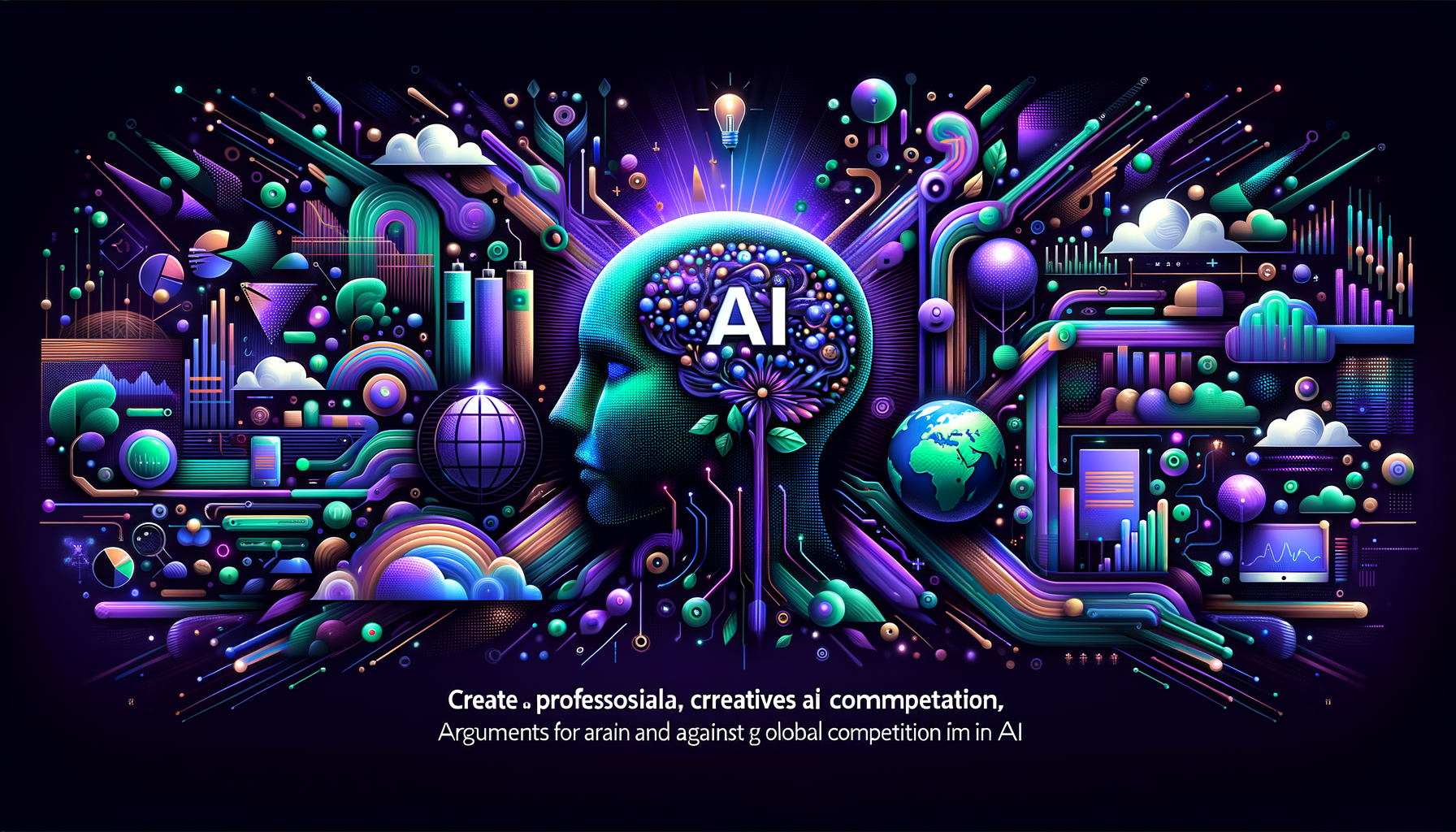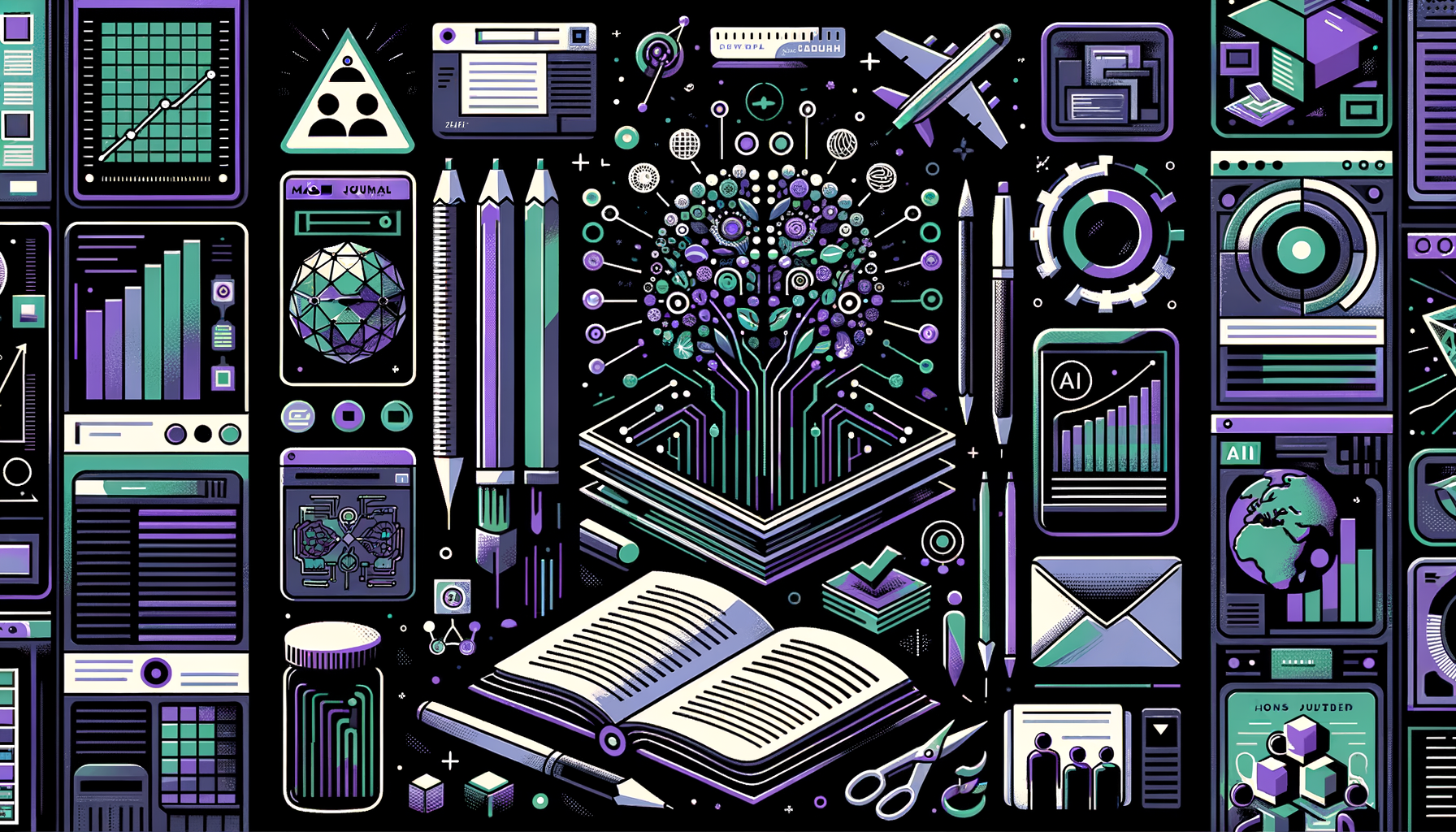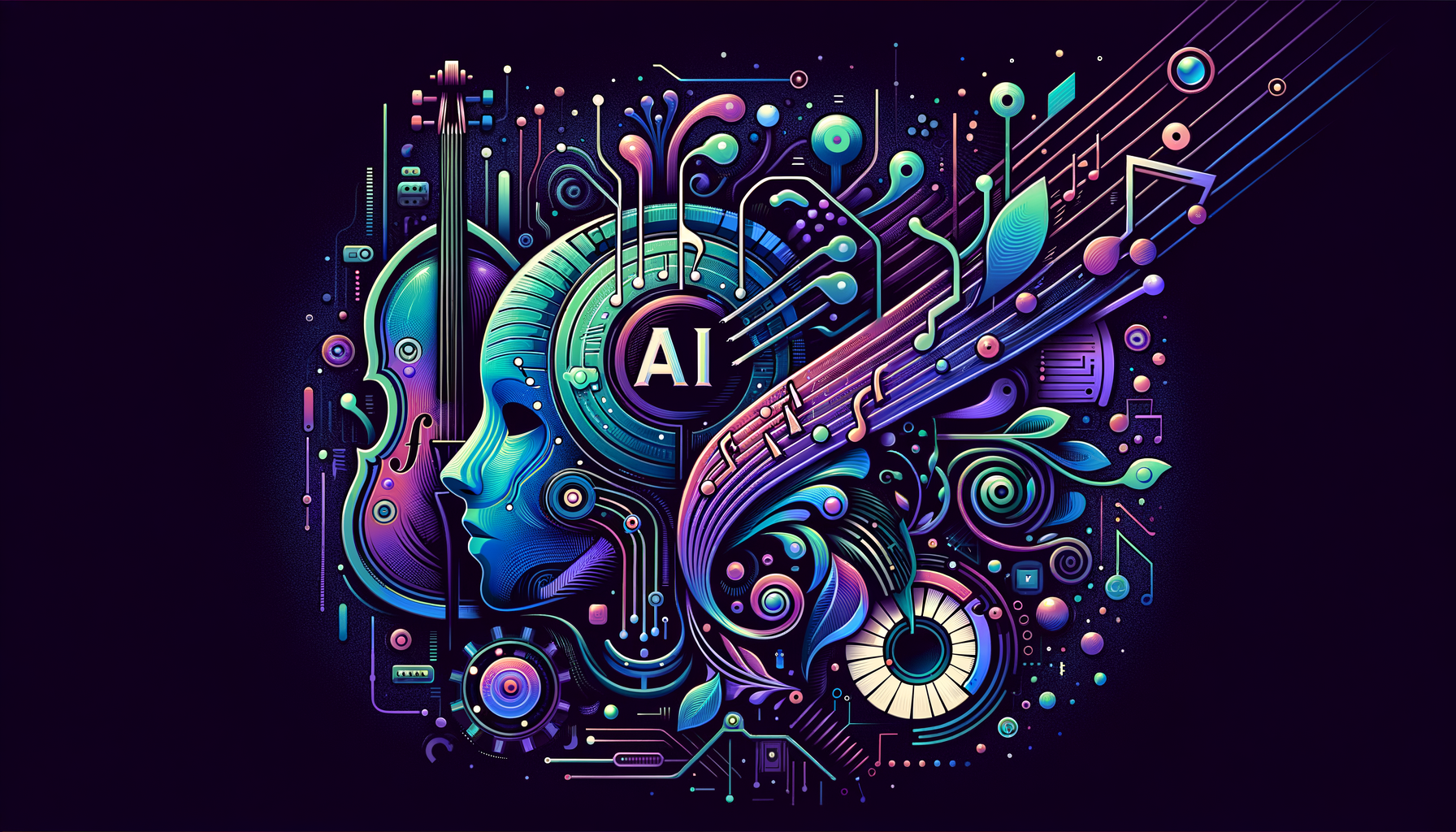A Deep Dive into Elon Musk’s Grok: A Shift in AI Bias and Implications for Cybersecurity
Technology pioneers like SpaceX and Tesla founder Elon Musk have a knack for pushing the envelope when it comes to innovation, especially in the realm of artificial intelligence (AI). Recently, Musk’s brainchild, OpenAI, has made headlines with its new project, Grok – an AI system designed to understand and analyze code, from Wired’s article. Today, we delve deeper into what this could mean for the ever-evolving world of technology, cybersecurity, and beyond, offering insights relevant to our key markets in Spain, the EU, and the U.S.
What is Grok?
Grok is OpenAI’s latest AI system that’s been trained to understand code. It’s a leap forward in language models trained on a broad range of internet text. But instead of simply predicting the next word in a sentence, as former models did, Grok has been trained to predict what comes next in a block of code.
The Significance of Grok for AI Development
OpenAI’s introduction of Grok is a paradigm shift in AI technology. It signifies an evolution from models that can coherently generate human-like text, to a more advanced system that can understand and predict something as complex as computer programming code.
At Hodeitek, we understand the magnitude of this shift. Our experience in providing cybersecurity and advanced technological solutions has shown us that AI can be a double-edged sword. While it can streamline operations and improve productivity, it can also open up potential threats and vulnerabilities if not managed responsibly.
Implications for Cybersecurity
Importantly, Grok introduces a slew of implications for cybersecurity. As a cybersecurity provider, we see potential opportunities and risks with Grok and similar technologies. On the one hand, Grok could automate and improve code review processes, aiding in the detection and rectification of security loopholes. On the other, there’s the potential for misuse by bad actors to exploit these same vulnerabilities.
To navigate this fine line between utility and vulnerability, we need to be vigilant and proactive. In Spain, the EU, and the U.S, we’re already seeing an uptick in stringent cybersecurity regulations to combat evolving technological threats.
Stricter Regulations and Standards
From the European Union’s General Data Protection Regulation (GDPR) to the U.S.’s California Consumer Privacy Act (CCPA), regulations are tightening across the globe to protect users’ information and maintain digital security. Regardless of the fantastic capabilities of AI technology like Grok, it’s imperative to ensure their implementation meets these stringent laws.
As a part of our services at Hodeitek, we stay abreast of international regulations and best practices. We ensure our solutions meet these regulations to provide our clients with secure, reliable, and compliant digital infrastructure.
Grok and the Risk of AI Bias
A challenge OpenAI and Grok face is that of ‘AI bias’. This term is associated with a risk of AI systems favoring certain outcomes over others, based on the data they were trained. Musk’s other AI project, a chatbot named ChatGPT, was accused of political bias, showing us how controversies can arise when AI models unwittingly take sides.
We believe that being transparent about these risks and addressing them head-on is key for success in our tech-driven world. By ensuring algorithms are developed in a fair and unbiased manner, we bolster trust in AI systems, leading to their increased and profitable use in business operations.
Steps towards a Bias-Free AI
- Careful and Diverse Data Selection: Ensuring that the AI is trained on a wide and diverse set of data can help reduce unintentional bias.
- Regular Checks and Balances: Regularly reviewing the AI’s predictions and behavior for signs of bias and correcting them as necessary.
- Transparency: OpenAI’s decision to make Grok’s code analysis public is a positive step towards maintaining transparency in AI operations.
Conclusion
Grok is undoubtedly a major development in AI technology, bridging the gap between human and machine understanding of code. At Hodeitek, we’re excited by the new possibilities Grok and similar technologies bring to our field, from enhancing our services to defending our clients from evolving cyber threats.
As we stride further into the digital age, the technology landscape continues to shift. By learning from these developments and understanding their implications, we can remain at the cutting edge of cybersecurity, ready to tackle any challenge that comes our way.
Stay tuned to our blog for more insights into the latest developments in the technology landscape and how they impact cybersecurity.
